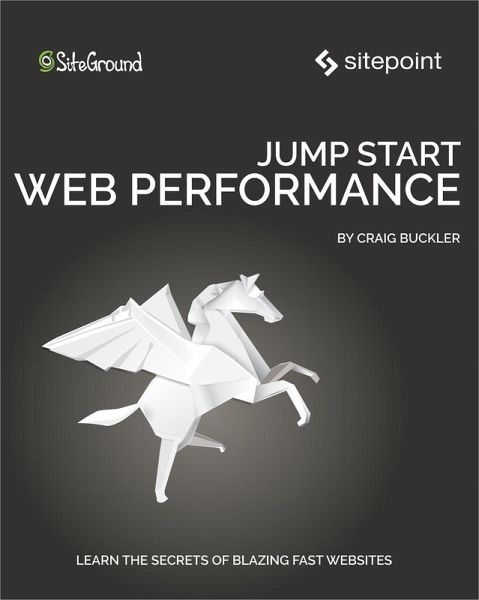
Jump Start Web Performance (eBook, ePUB)

PAYBACK Punkte
7 °P sammeln!
Despite working on the web every day, few developers have a good word to say about the monster they've created. Achingly slow sites with annoying overlays, cookie agreements, instant notifications, and obtrusive ads litter the web landscape.While there may be some excuses for complex web applications, there's little justification for sluggish content-based and ecommerce sites. People are notoriously impatient, and an unresponsive site receives fewer visitors and conversions.This practical, short book provides advice, tips, and best practice for improving website performance, ranging from quick...
Despite working on the web every day, few developers have a good word to say about the monster they've created. Achingly slow sites with annoying overlays, cookie agreements, instant notifications, and obtrusive ads litter the web landscape.
While there may be some excuses for complex web applications, there's little justification for sluggish content-based and ecommerce sites. People are notoriously impatient, and an unresponsive site receives fewer visitors and conversions.
This practical, short book provides advice, tips, and best practice for improving website performance, ranging from quick, five-minute configuration changes to major website overhauls. We primarily concentrate on front-end activities and server configurations to optimize the code delivered to a browser. Some back-end tips are provided, but this is often specific to your application, framework, database, and usage patterns. Server-side performance can often be improved with additional or more powerful computing resources.
Ideally, everyone involved in a project would consider performance from the start. Somewhat understandably, that rarely occurs, because no one can appreciate the speed of a website or application before it's been created. Many of the tips contained in this book can therefore be applied after your project has been delivered.
Dieser Download kann aus rechtlichen Gründen nur mit Rechnungsadresse in A, B, BG, CY, CZ, D, DK, EW, E, FIN, F, GR, HR, H, IRL, I, LT, L, LR, M, NL, PL, P, R, S, SLO, SK ausgeliefert werden.













